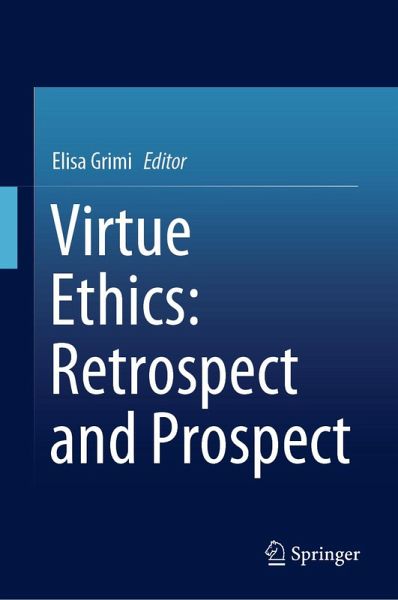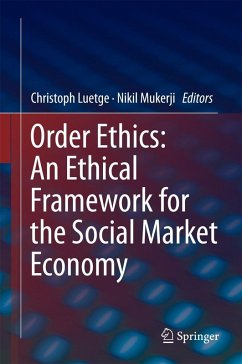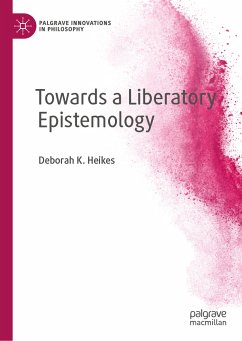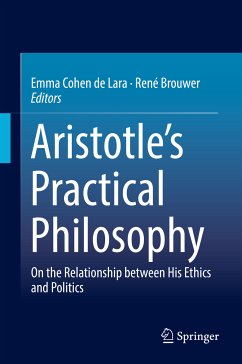
Virtue Ethics: Retrospect and Prospect (eBook, PDF)
Versandkostenfrei!
Sofort per Download lieferbar
88,95 €
inkl. MwSt.
Weitere Ausgaben:

PAYBACK Punkte
44 °P sammeln!
The rise of the phenomenon of virtue ethics in recent years has increased at a rapid pace. Such an explosion carries with it a number of great possibilities, as well as risks. This volume has been written to contribute a multi-faceted perspective to the current conversation about virtue. Among many other thought-provoking questions, the collection addresses the following: What are the virtues, and how are they enumerated? What are the internal problems among ethicists, and what are the objections and replies to contemporary virtue ethics? Additionally, the practical implications following from...
The rise of the phenomenon of virtue ethics in recent years has increased at a rapid pace. Such an explosion carries with it a number of great possibilities, as well as risks. This volume has been written to contribute a multi-faceted perspective to the current conversation about virtue. Among many other thought-provoking questions, the collection addresses the following: What are the virtues, and how are they enumerated? What are the internal problems among ethicists, and what are the objections and replies to contemporary virtue ethics? Additionally, the practical implications following from the answers to these questions are discussed in new and fascinating research. Fundamental concepts such as teleology and eudaimonism are addressed from both a historical and dialectical approach. This tome will contribute not only to providing further clarity to the current horizons in virtue ethics, but also to the practical conclusion following from the study: to challenge the reader towarda greater pursuit of the virtuous life.
Dieser Download kann aus rechtlichen Gründen nur mit Rechnungsadresse in A, B, BG, CY, CZ, D, DK, EW, E, FIN, F, GR, HR, H, IRL, I, LT, L, LR, M, NL, PL, P, R, S, SLO, SK ausgeliefert werden.












